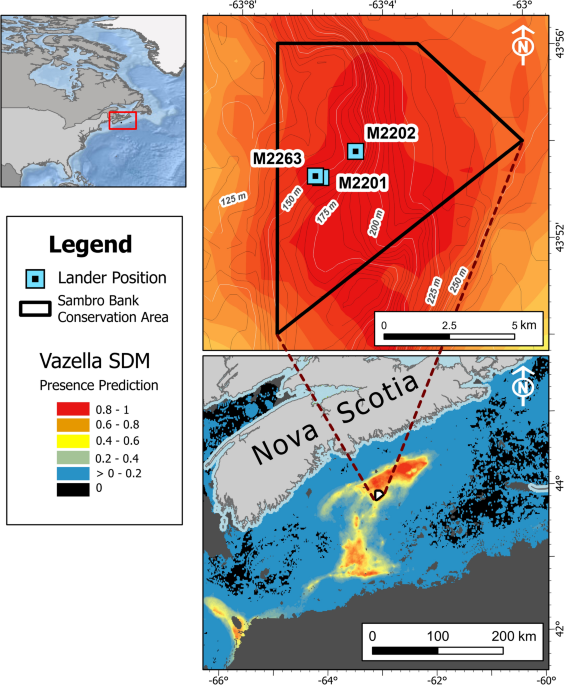Whidbey's 'Kicking Gas' campaign keeps funding clean energy despite federal cuts
The Trump administration has been cutting off funding for clean energy as the United States retreats from most government actions to prevent, observe, or adapt to the earth’s rapidly changing climate.
Many local programs to protect human health and the environment depend on federal grants to do their work. Still, some programs in Washington state are managing to continue promoting climate-friendly energy with local money.
North and west of Seattle, the Whidbey-based “Kicking Gas” campaign is providing deep discounts on heat pumps and other climate-friendly technologies in Island and Snohomish counties and on Bainbridge Island.
Retiree John Jinhong, of Lynnwood, said the program saved him $1,000 off the $1,500 cost to replace his 20-year-old gas stove with an electric induction stove in April.
“It's much quicker and uses less electricity, cuts your cooking time in half — more than half, depending on what you're cooking,” Jinhong said.
“It was something that was very inviting because my gas bills were just escalating over the last couple years,” he said.
Beyond induction stoves’ energy savings, Jinhong said they were ideal for seniors like himself.
“The unit, it turns itself off if there's no pot there,” he said. “You can't get burned because it's not a hot surface.”
Kicking Gas is accepting applications through May 21 for heat pump and induction stove rebates and financing from residents of Island and Snohomish counties and Bainbridge Island.
“Kicking Gas is helping homes and businesses transition from combustion fuels such as propane, oil, natural gas, or wood to efficient home appliances,” campaign director Derek Hoshiko said.
Hoshiko said the campaign aims to have awarded heat pump installations for more than 400 homes by the end of June.
Staff with King County’s Energize program expect to install at least 125 heat pumps, complete 70 energy audits, and weatherize 65 homes in south King County, where poverty, pollution, and extreme heat tend to be more pronounced than in most of the Seattle area, in 2025.
Under the Kicking Gas program, residents earning up to 50% more than the median income level qualify for assistance, with lower-income applicants qualifying for bigger subsidies.
While Kicking Gas has applied for a federally funded grant to help make clean technologies affordable for low- and middle-income residents, most of its funding comes from Washington state sources: Washington State University ’s Community Energy Efficiency Program and a grant funded by state-run auctions of permits for industrial polluters to emit large amounts of carbon dioxide.
In just over two years, quarterly auctions under the state’s Carbon Commitment Act have raised nearly $4 billion, most of which goes to fund mass transit or environmental projects.
“It's worth it to spend money to do it if we're going to sustain our climate and our quality of living,” Jinhong said.
“It's great that there's still some state funding and local funding,” Whidbey Island small farmer Martin Vandepas said.
With Kicking Gas covering more than half the cost, Vandepas installed a heat pump in his mobile home on his vegetable farm in Greenbank.
“It provides plenty of heat for our house, and we've been using it as our primary heat,” he said.
Vandepas and his wife had heated their manufactured home with its built-in, energy-guzzling space heater and a wood stove.
“It just felt so wasteful to use a regular kind of space heater when there's a better alternative that is like three to four times more efficient,” Vandepas said.
Heat pumps provide energy-efficient heating and cooling.
“It's a bummer that a lot of that federal money is going away, sometimes really arbitrarily and without much thought into what they're even taking away,” Vandepas said. “I don't even think they think about it that hard. They just kind of want to cancel everything, especially environmental things.”
Three nonprofits that had been awarded U.S. Environmental Protection Agency funding to support similar programs benefiting low-income residents sued the agency in April. The Trump administration had frozen or terminated their funding in February.
"The previous Administration used DEI and Environmental Justice to advance ideological priorities, distributing billions of dollars to organizations in the name of climate equity,” EPA Administrator Lee Zeldin said in a Feb. 11 press release. “This ends now.”
Zeldin’s press release said EPA “will be good stewards of tax dollars."
RELATED: 'The purge has begun.' Environmental justice workers locked out of EPA Seattle office
Seattle-based Philanthropy Northwest, the Minneapolis Foundation, and the Baltimore-based Green and Healthy Homes Initiative each had $60 million in EPA funds frozen as the agency canceled its environmental justice programs.
The agency informed each organization that EPA’s priority was to withhold funds “from organizations that promote or take part in diversity, equity and inclusion (‘DEI’) initiatives [or] ‘environmental justice’ initiatives.” It also told them, without providing evidence, that the groups’ grant-funded programs may not be “free from fraud, abuse, waste, or duplication.”
The three groups had planned to distribute that funding to local governments or grassroots efforts to improve environmental health in the hardest-hit communities in their regions.
"The EPA's termination of our grants have violated constitutional and statutory requirements regarding funds approved by Congress,” the three groups said in a joint emailed statement. “This has disrupted $180 million of critical funding, harming our organizations, communities, and the people we serve."
A second round of oral arguments is scheduled for U.S. District Court in Baltimore on May 30.












